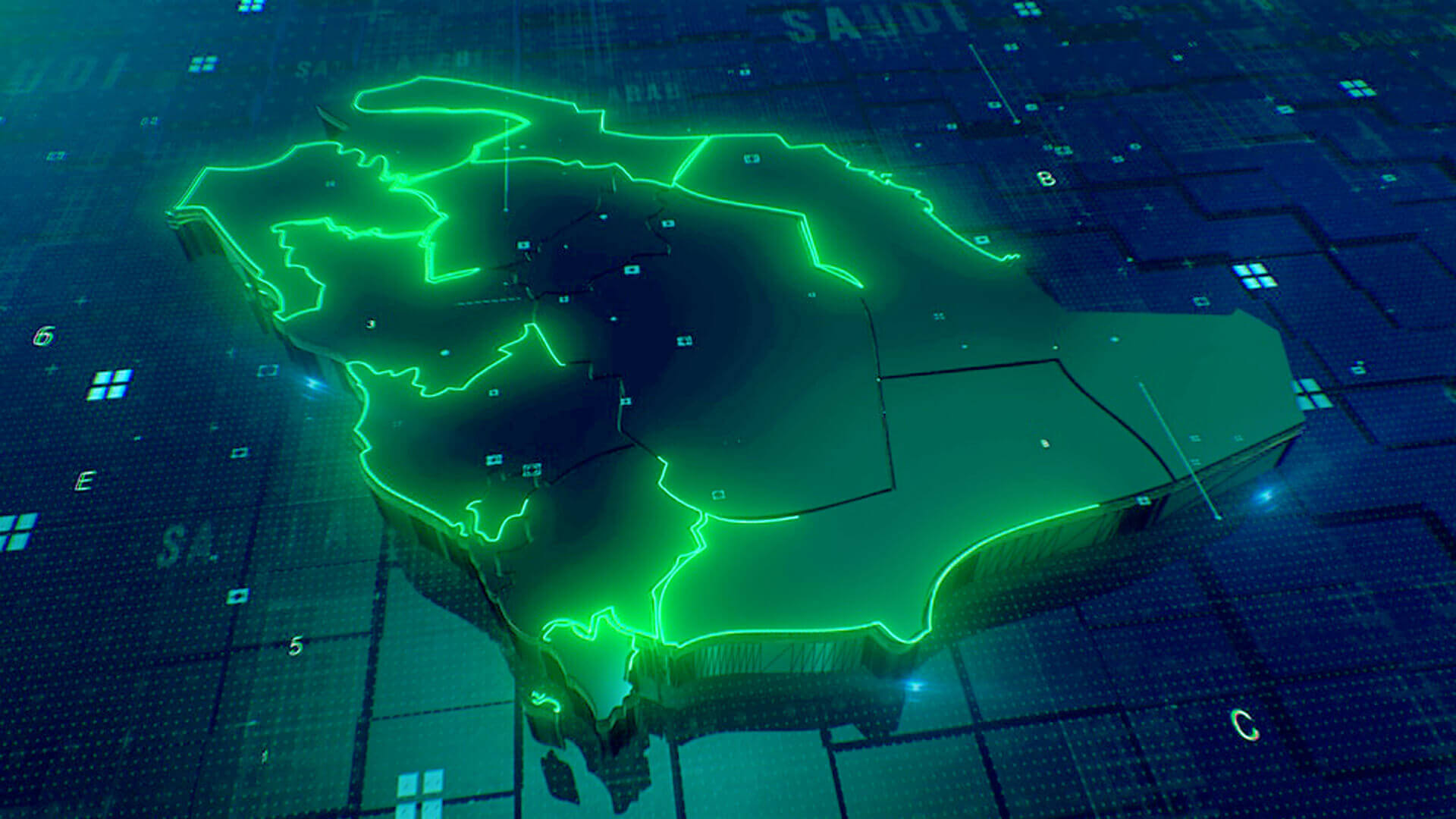Saudi Arabia’s Vision 2030 initiative is driving rapid digital transformation across multiple sectors, creating new opportunities for economic and social development while underscoring the importance of strong cybersecurity measures.
Just as a strong foundation is essential for a towering skyscraper, effective cybersecurity is crucial for building a resilient digital infrastructure. It protects against the escalating threats posed by cybercriminals and empowers individuals and businesses to thrive in a rapidly evolving digital landscape.
The Problem & The Solution: Navigating the Cyber Threat Landscape
In an age where data breaches and cyberattacks are daily headlines, Saudi Arabia’s leap into sectors like FinTech, e-commerce, smart logistics, and digital tourism makes safeguarding digital transactions and personal data imperative.
These sectors, while offering great potential, also expose vulnerabilities that can undermine public trust and economic growth.
Cybersecurity plays a pivotal role in realizing the Vision 2030 objectives. Securing digital banking systems and electronic payment platforms protects users from fraud and data breaches, building trust essential for e-commerce growth.
The Kingdom’s ambitious plans for smart cities like NEOM and The Line hinge on the integrity of interconnected systems that manage everything from energy to health services. With these systems being attractive targets for hackers, prioritizing cybersecurity is paramount to ensuring the continuity of critical services, such as power grids and public transportation.
Kingdom’s Initiatives to Establish a Cybersecurity Ecosystem
Recognizing the strategic importance of cybersecurity, Saudi Arabia has launched a series of initiatives to fortify its cyber landscape.
The establishment of the National Cybersecurity Authority (NCA) in 2017 marked a significant milestone, acting as both a regulatory body and a guardian of national security.
The Essential Cybersecurity Controls (ECC) are a set of mandatory guidelines and best practices established to safeguard an organization’s digital systems, networks, and data from cyber threats. Issued by the National Cybersecurity Authority (NCA), they ensure that government and private entities comply with unified protection standards, supporting the Kingdom’s secure digital transformation.
Aligned with Vision 2030’s focus on human capital development, various programs, such as those from Tuwaiq Academy and the Saudi Federation for Cybersecurity, Programming and Drones (SAFCSP), aim to cultivate a generation of skilled Saudi experts in cybersecurity.
These initiatives build expertise and raise awareness, ensuring that cybersecurity knowledge permeates all levels of society.
While the road to aligning Vision 2030 with cybersecurity is fraught with challenges, such as the rapid evolution of cyberattacks and the increasing sophistication of techniques using Artificial Intelligence (AI), these hurdles also present opportunities for innovation.
The Kingdom is poised to become a global hub for cybersecurity expertise, developing national solutions and technologies that can be exported, thereby adding new economic streams aligned with Vision 2030.
Saudi Arabia’s cybersecurity sector is on an upward trajectory, fueled by its digital ambitions and the pressing need to counteract rising cyber threats.
Saudi Arabia’s cybersecurity market is projected to experience substantial growth, fueled by government initiatives under Vision 2030 and significant investments from organizations like the National Cybersecurity Authority (NCA), the Saudi Data and Artificial Intelligence Authority (SDAIA).
Ongoing collaboration among government agencies, industry leaders, and educational institutions will be essential for fostering innovation while ensuring a secure and resilient digital ecosystem — a fundamental pillar of the Kingdom’s digital future.








Comments (0)